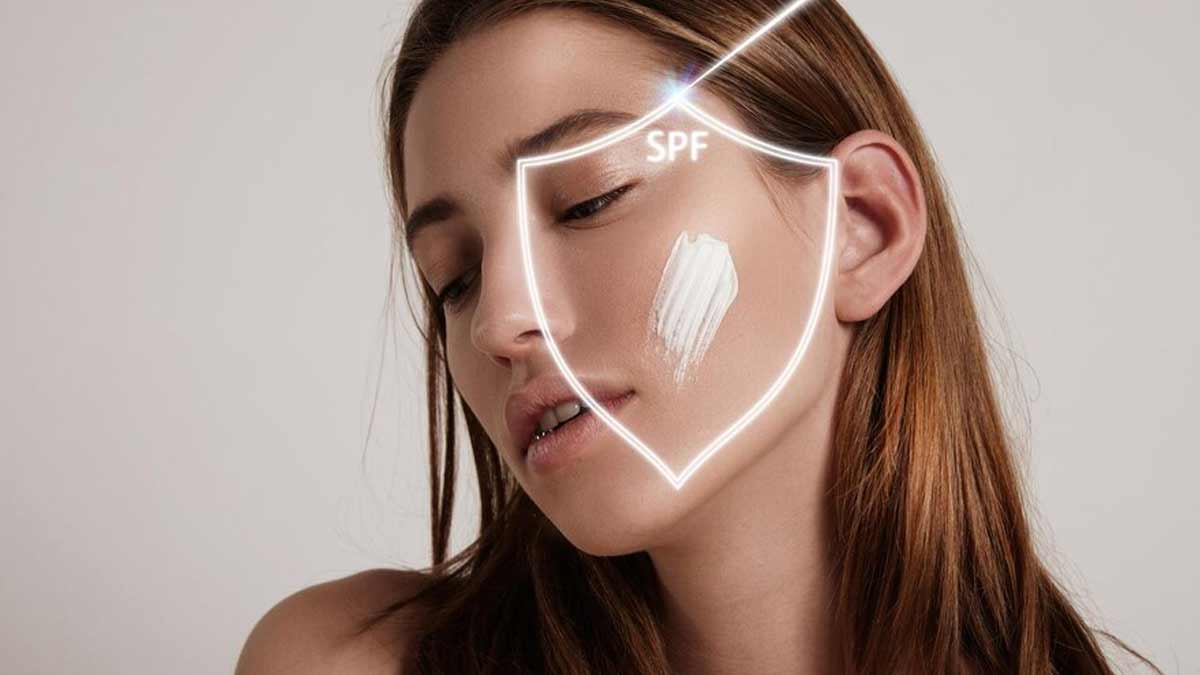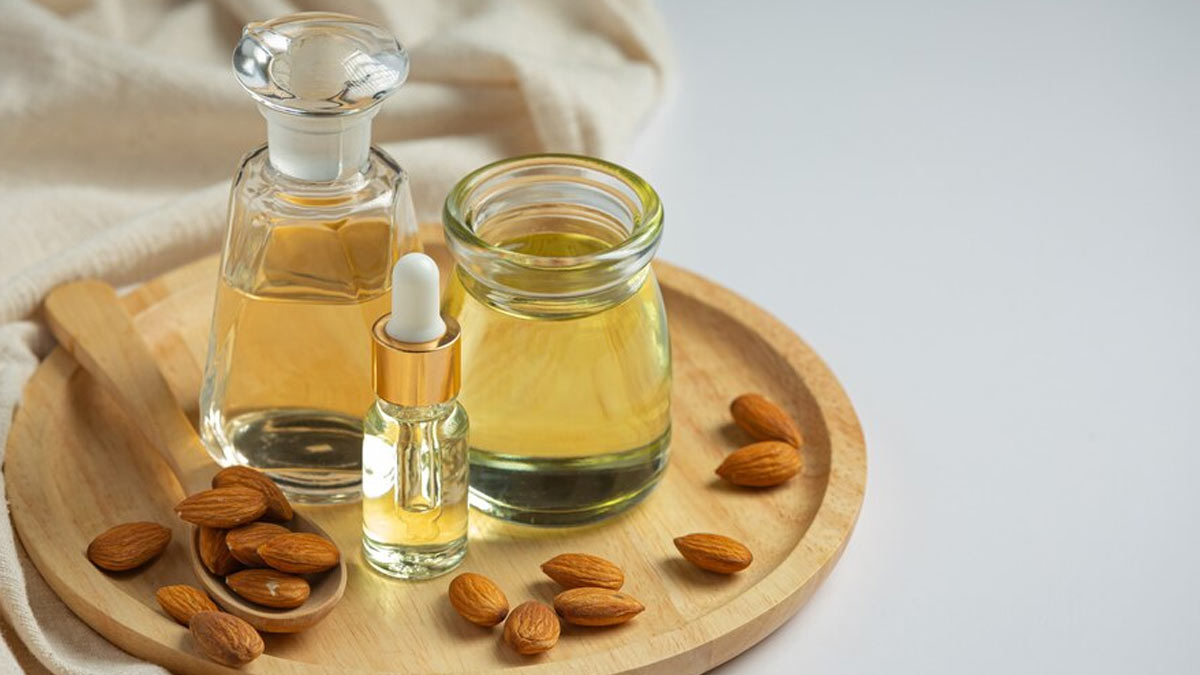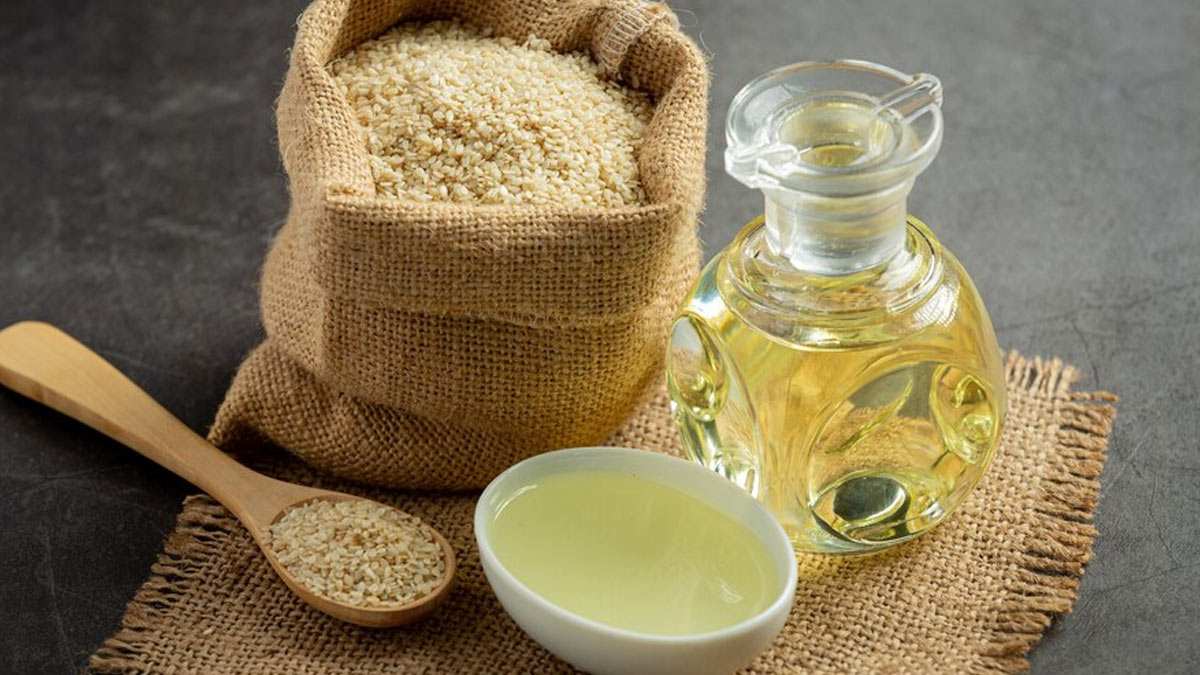
Skin cancer is a very real threat and sunscreen is a must, especially in summer. However, not everyone is comfortable using lab-synthesised chemical products. As awareness grows about the potential risks associated with certain sunscreen ingredients, many individuals are seeking natural alternatives that protect against harmful UV rays.
Table of Content:-
According to the Indian Journal of Dermatology, some common side effects of sunscreen observed were acne, skin allergies, irritation, and skin whitening. But protecting your skin against the harmful ultraviolet rays of the sun is essential. According to Cancer Research UK, exposure to UV rays can damage the DNA which can eventually develop into skin cancer.
However, one good news is that 9 in 10 cases of melanoma skin cancer could be prevented by staying safe in the sun, shared Cancer Research UK. So if you do not want to use sunscreen and stick to natural products instead, here are some natural alternatives to traditional sunscreen for those who prefer a more holistic approach to sun protection.
Coconut Oil
Known for its moisturising properties, coconut oil also possesses a natural SPF of around 7, according to a study published in Pharmacognosy Research. While it may not provide high-level protection, it can be a great addition for everyday use and works well for short sun exposure periods.
Shea Butter
Rich in vitamins and fatty acids, shea butter offers natural sun protection. A study authored by the European Society for Cosmetic & Aesthetic Dermatology found that when shea butter was included in a sun-protective sample of lipstick formulation, it increased the SPF value of the sample by 35%. Additionally, its nourishing properties make it an excellent choice for those with sensitive skin.
Also Read: 7 Neglected Body Parts You Should Apply Sunscreen On

Almond Oil
The Pharmacognosy Research study almond oil, packed with antioxidants and vitamin E, can provide a natural barrier against UV rays and contains an SPF of 4.659. It's lightweight and easily absorbed, making it a versatile option for both face and body.
Raspberry Seed Oil
With a natural SPF of around 30-50, raspberry seed oil is a potent antioxidant that helps protect the skin from UVA and UVB rays. It's known for its nourishing and anti-inflammatory properties. Additionally, as per a study published in MDPI’s journal ‘Plants,’ raspberry seed oil also softens the skin as well as reduces skin irritations such as itching, swelling and redness
Carrot Seed Oil
According to a study published in the International Journal of Applied Pharmaceuticals, carrot seed oil is rich in carotenoids, which contribute to its natural sun protection properties. It has an approximate SPF of 38-40 and is known for promoting skin regeneration.
Also Read: Can Use Of Sunscreen Cause Deficiency of Vitamin D? Let’s Find Out

While natural alternatives can offer some degree of UV protection, the bad news for those who want to stay away from artificial products is that they may not provide the same level of efficacy as conventional sunscreens. For extended sun exposure, especially during peak hours, using a reputable sunscreen with broad-spectrum protection is still recommended. However, using these natural substances in your skincare routine can be a thoughtful and holistic approach to promoting skin health while enjoying the benefits of the great outdoors. Always conduct a patch test and consult with a dermatologist before incorporating new ingredients into your skincare regimen.
Also watch this video
How we keep this article up to date:
We work with experts and keep a close eye on the latest in health and wellness. Whenever there is a new research or helpful information, we update our articles with accurate and useful advice.
Current Version
